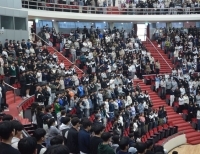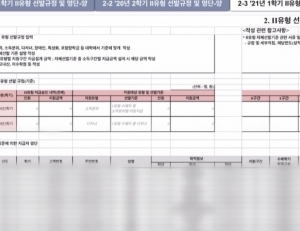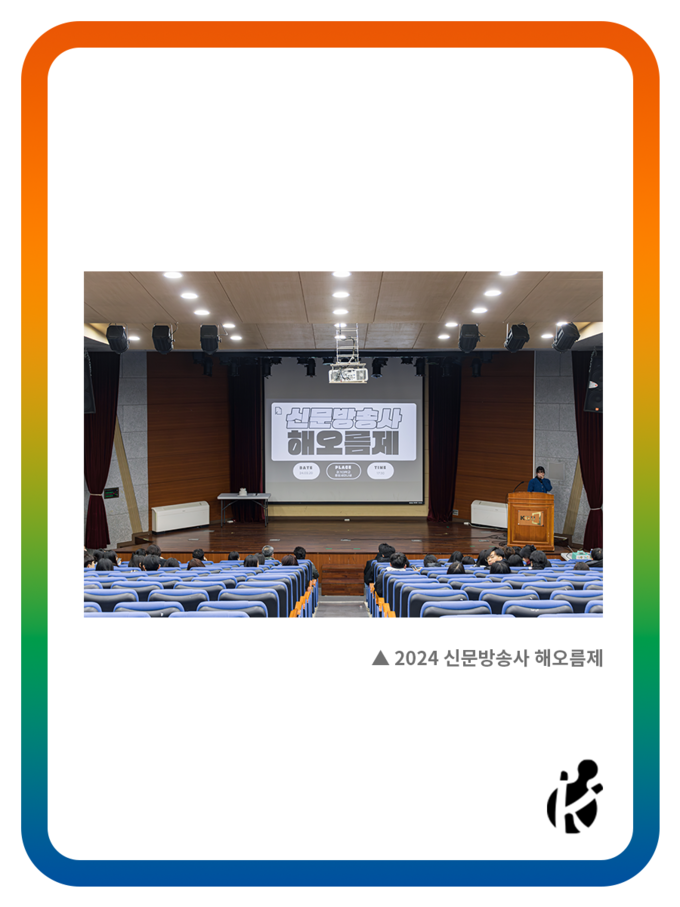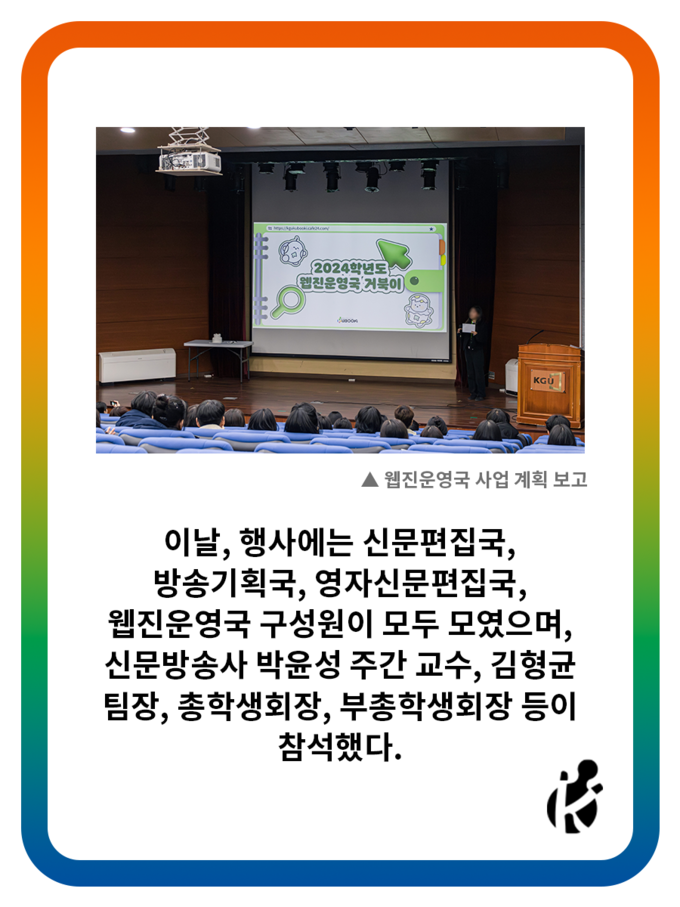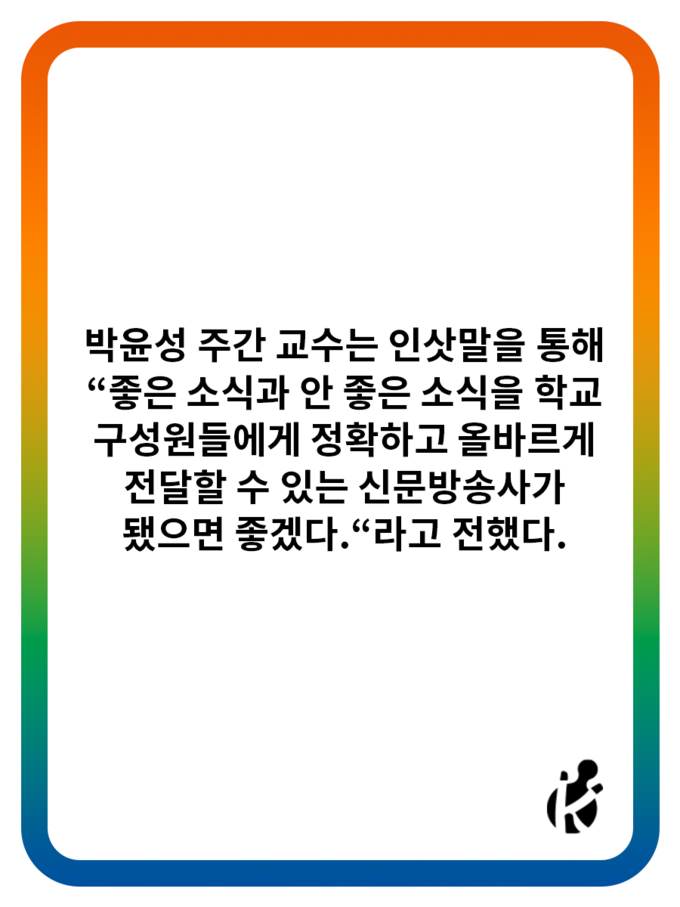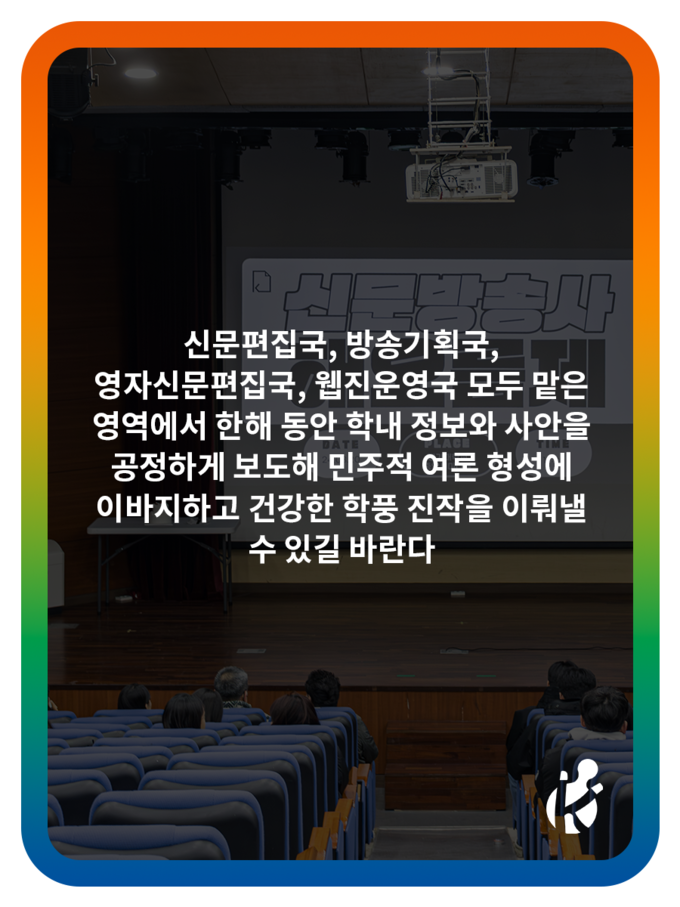On September 8, 2022, Queen Elizabeth, who was called the living proof of modern history, passed away. Queen Elizabeth took the throne in 1952 at the age of 25 and lived as the British monarch for over 70 years. Buckingham Palace announced the Queen's death, saying, "The Queen passed away peacefully in Balmoral Castle." She died at the age of 96. It is no exaggeration to say that most of the British public have not lived in an era without a queen, as she was the monarch who reigned for the longest time ever. Pharos will examine what Queen Elizabeth was like, how society reacted to her death, the controversy regarding her successor, Charles III, and finally, why Korea should pay attention to British news.
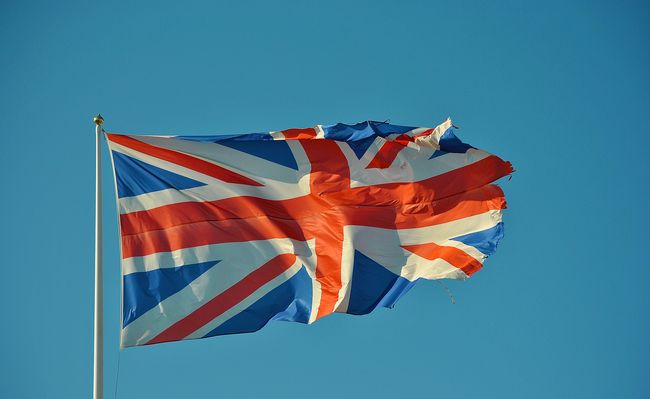
First of all, we need to know about who Elizabeth II was. Queen Elizabeth II was crowned in 1952, when she was 25 years old, at Westminster Cathedral. She was married to The Prince Philip, Duke of Edinburgh, for 73 years. During her reign, there had been 15 prime ministers of the United Kingdom, 14 presidents of United States of America, 6 popes in Rome, and 13 presidents of the Republic of Korea. Queen Elizabeth II was a figure of both the 20th and 21st centuries as she was called modern history itself. As George VI, father of Queen Elizabeth II, took the throne from his brother in 1936, she went from “Princess Elizabeth of York” to “Her Royal Highness The Princess Elizabeth.” During her time as a princess, she served in the British Army during World War II and experienced the independence of the British colonies after her accession. During her tenure, the Queen ruled the realm during the Cold War, the collapse of the communist bloc, the reunification of Germany, the launch of the European Union, and the withdrawal of Britain from the EU. However, the Queen has kept her political intervention to a minimum, adhering to the royal tradition of "The king reigns, but he doesn't govern," which appears to be a big difference from Charles III, who has become the new king. Queen Elizabeth II celebrated her Diamond Jubilee, the 60th anniversary of her reign, in 2012, the first such event in 115 years since Queen Victoria's Diamond Jubilee (1837-1901). She also celebrated her Platinum Jubilee, her 70th anniversary as monarch, a first for any monarch in British history.
So how was her funeral prepared? After the death of Queen Elizabeth II, “Operation London Bridge” went into effect in the UK. The origin of Operation London Bridge goes back to 1952, when her father George VI died. The royal palace designed the code name “Hyde Park Corner” to let the important figures of their government know about their king’s death without leaking out the news to the public. After George VI’s death, other royal family’s code names were named after famous bridges in the UK. The Queen Mother and Princess Diana shared the name of Tay Bridge; Prince Philip had Operation Forth Bridge, and King Charles has Menai Bridge. Queen Elizabeth II’s code name was London Bridge. The agencies involved in preparing the scheme included various government departments, the Church of England, the Metropolitan Police Department, the British Army, the Press, Royal Park, the Borough of London, and Transportation and Transport for London. Some important decisions about the plans were made by the Queen herself, while some were left to be made by her successor. The Guardian reported on the operational arrangements, describing them as "planned down to the minute" with "subtle and very specific" details. There are sub-operations in Operation London Bridge that are divided according to where the Queen was staying at the time of her death, as well as instructions depending on when the Queen's death occurred. The operation was carried out along Operation Unicorn in this case, when the Queen died in Balmoral Castle, Scotland. Shortly after Queen Elizabeth II's death, she was accompanied by her daughter, Princess Anne, to move her mother's body to Holyrood Palace in Edinburgh, and the royal family gathered for a funeral at St. Giles Cathedral. The Queen's body was then flown to London by a Royal Air Force plane. Her wake was held in London for 10 days, and her body was then moved to Westminster Abbey for the funeral after the public had a chance to pay their respects. At the end of the funeral, “The Last Post,” a short bugle call, was played and the whole country observed a silent tribute for two minutes.
However, there have been voices of criticism across British society during the funeral. Unprecedented numbers of mourners flocked to London and made a line in central London, as it was the funeral of the Queen who was loved by her people. But there was criticism of the fact that organizers divided mourners into general, VIP, and VVIP. The VIP list included the heads of other countries and they only had a different waiting line and paid respects at the same place as the general public. However the VVIP list, which doesn’t include even include the heads of state, wasn’t open to the public. Also the picture of VVIPs who were mourning on the second floor while looking down on other mourners showed the reality of British society. Popular football player David Beckham skipped the VIP line and waited more than 12 hours with general mourners, as a quiet protest of the VIP and VVIP lists.
At the Queen's funeral, there were people other than mourners who came to pay their respects to the monarch. Citizens opposed to the monarchy also visited Westminster Hall for demonstrations. However, many also voiced concern over the British police violating the right to protest by arresting them. On the 12th, police stopped a woman with a sign saying "Not My King" and arrested many other protesters. Christian writer and activist Symon Hill was arrested at the scene for shouting, "Who elected him?" at the time of King Charles III's coronation in Oxford. In an interview with CNN, he expressed distrust in the government over how fast he was detained for speaking freely in public.
Next, we will investigate the public's assessment of the Queen's successor. Charles III inherited the throne as the royal family had planned. It had been 64 years since the crown prince had been appointed. But because of the various controversies surrounding him, the royal family's future is unlikely to be smooth. Let's look at two big controversies regarding Charles III.
First of all, the populace thinks he isn’t politically neutral. In the British constitutional monarchy, the king's authority is limited to symbolic and ceremonial roles, and members of the royal family are expected to be politically neutral. According to a BBC report, Queen Elizabeth did not even vote in order to maintain her neutrality. But Charles III has been actively expressing his political opinion by sending handwritten letters to British ministers, called "black spider memos," since 2004 when he had been a prince. He is also interested in environmental issues and immigration policies, and did not hesitate to express his opinion strongly. Therefore, there has been friction with some British politicians. Charles III has sponsored Islamic immigrant groups and is opposed to anti-Muslim sentiment in Britain. He is also known for asserting an intensive eco-friendly policy.
Secondly, Charles III has a bad public image compared to other royal members. He is known to have had an affair after his wedding to Princess Diana in 1981. Their marriage ended in divorce after 15 years. Public indignation against King Charles III has intensified since Diana died in a car accident while trying to shake off the paparazzi. Because the reason attributable to the divorce was because of Charles III’s affair, suspicions were raised that the British royal family was responsible for Diana's death. Unlike Charles III, who was not supported by the public, Diana was loved by many British people.
In England, the royal family is a focal point for bringing the people together by making them feel proud. Amid high antipathy toward Charles III, it is not known whether he will be able to play a central role well in the future. In addition, with the prime minister elected through democratic procedures, the challenge remains whether the king, who took over the post by blood, has a right to exert an influence on politics and whether he will hinder Britain's democratic development.
For this reason, voices for the abolition of the royal family are rising again. Britain is still a country with strong social classes. It is a famous story that social exchange varies depending on the classes, which are divided into upper class, middle class, and working class in the UK. And it is the monarchy which maintains the hereditary succession that defines this phenomenon. There is a growing demand for the abolition of the royal family among those who oppose this hierarchical society and those affected by British colonial rule. They argue that it is morally unjustifiable in modern society for Charles III to have power just by being born into a royal family. The people who want the monarchy to be abolished demand that the people have the right to choose their head of state.
The death of Queen Elizabeth II has various meanings. We should think about the impact of the Queen’s death not only on the Commonwealth of Nations but also on other countries in Europe, the Americas and Asia. The Guardian, a British newspaper, called the Commonwealth system “a legacy of empire and slavery.” Then, shouldn't the UK use this historical event as an opportunity for change? The scars of imperialism, described by the slogan “The sun never sets on the British Empire” still remain all over the world, and Korea is no exception. Korea has a history of being colonized by Japan, which also dreamed of an empire where the sun never set. The United Kingdom evaluated Japan's policy toward Korea as “beneficial” and affirmed that it was “rightful” for Korea to become Japan's “protected state” as a result of the Sino-Japanese War and the Russo-Japanese War. The cause of the Russo-Japanese War was the conflict for control over Korea, and the Russo-Japanese War was an extension of the imperialist war that Russia and Britain fought throughout the 19th century. Britain is located far from Korea, but it is one of the countries that has greatly influenced Korea’s modern and contemporary history. Recently, Brexit has affected the Korean economy, such as a suspension of logistics distribution and a rise in trade costs. That's why we can't look idly toward Britain as a faraway country. We need to monitor how the international situation will change through what is happening in Britain and British society.
76th Reporter • KIM HYEON A • hangitup@kyonggi.ac.kr
78th Reporter • KANG SEE EUN • ks3en29@gmail.com
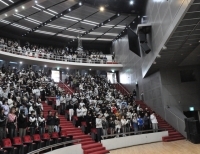 What Happened in KGU? : 수원캠퍼스 학생총회 편
On April 4th, a general meeting of students was held in the Tele-convention center at the Suwon campus. The contents were the same as the general meeting of students in the Seoul campus: the first part was for agenda announcement, the second part was about the Membership Training for whole university, and the third part was simple Q&A time. In the first part, the agendas were all the same as the ones for the Seoul campus, and the result of the ...
What Happened in KGU? : 수원캠퍼스 학생총회 편
On April 4th, a general meeting of students was held in the Tele-convention center at the Suwon campus. The contents were the same as the general meeting of students in the Seoul campus: the first part was for agenda announcement, the second part was about the Membership Training for whole university, and the third part was simple Q&A time. In the first part, the agendas were all the same as the ones for the Seoul campus, and the result of the ...

 [타 대학보 축사] 늘 그랬듯, 묵묵히
[타 대학보 축사] 늘 그랬듯, 묵묵히
 [와이파이] 큰 박스에 달랑 물건 하나, 과대포장 규제 정책 시행은 언제쯤
[와이파이] 큰 박스에 달랑 물건 하나, 과대포장 규제 정책 시행은 언제쯤
 [문화산책] 이 세계는 멋져 보이지만 모두 환상이야
[문화산책] 이 세계는 멋져 보이지만 모두 환상이야
 [네컷만화] 학생총회
[네컷만화] 학생총회

 목록
목록






